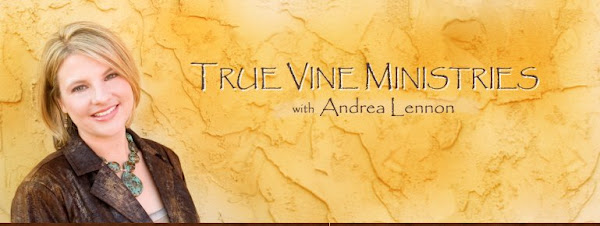If you will recall, long before we can examine our outward expressions, we must examine our inward reality. Our inward reality is who we are at the very core of our being. The Bible says that we are to be blameless. The word blameless means to be complete, sincere, and entirely whole towards God. When our hearts are blameless before God, we naturally have outward expressions that please Him.
In the last few posts we examined three outward expressions of a blameless life. Here is a quick recap:
• Outward Expression 1: I will walk in my house with a blameless heart.
• Outward Expression 2: I will set before my eyes no vile thing.
• Outward Expression 3: The deeds of faithless men I hate; they will not cling to me.
Let's move on and look at the final two outward expressions listed in Psalm 101:2-4.
Outward Expression #4:
"Men of perverse heart shall be far from me."
In order to live a careful life we must examine the people who influence us the most. Proverbs 12:26 states, “A righteous man is cautious in friendship, but the way of the wicked leads them astray.” When thinking about our friendships, we must recognize that God has placed different people in our lives to play different roles. I like to think of these different roles as friendship layers.
Three friendship layers set forth in God's Word:
1. Close Friends- You can think of this group as your inner circle. For me this is two or three key people who encourage me to have a right heart before God. I can tell my close friends anything and I can call on them day or night. Close friends must be Godly individuals who fear the Lord and uphold the Bible as their standard in life. Close friends ask the tough questions and hold us accountable to God's Word. The primary purpose of the close friendship is accountability. David and Jonathan demonstrated a close friendships in 1 Samuel 20.
2. Caring Friends- The caring friendship layer is similar to the close friendship layer. Both friendships focus on loving Jesus and helping one another grow in the Lord. The primary difference is that the caring friendship focuses more on love, encouragement, and support and less on accountability. Because of the broader focus. you can have lots of caring friends. We see this type of friendship layer displayed in the Early Church as recorded in Acts 2:42-46. The members of the Early Church devoted themselves to teaching, fellowship, breaking bread, and prayer. As a result of these actions, the caring friends had everything in common and daily praised God with one another.
3. Casual Friends- The casual friend is a friend that God places in your life for the purpose of investing. This friend may or may not know Jesus. This friend may or may not go to church. What is true about this friend is that God has placed her in your life so that she can see that Jesus makes a big difference in you. In casual friendships, it is important that you set the tone! You are investing in them because you long for them to know Jesus and love Jesus. In Matthew 9:35-38, we see the heart of Jesus as He looked around and saw many people who did not know Him. Verse 36 states, “When he saw the crowds, he had compassion on them.” Why? Verse 36 concludes, “Because they were harassed and helpless, like sheep without a shepherd.” As you and I seek to have the same heartbeat as Jesus, we too should look at the people God places in our lives and demonstrate a heart of compassion by looking for opportunities to minister in Jesus’ name.
Outward Expression #5:
• "I will have nothing to do with evil."
The final outward expression is an all encompassing one--- I will have nothing to do with evil. I love the way Webster defines the word nothing. Webster states that nothing means “not any thing; no thing; or zero.” One saying listed in Webster’s to describe nothing is “neither hide nor hair.” This idiom is used to convey the notion, “not the slightest trace.” This definition of nothing gives us a glimpse into the threshold David set for allowing evil things in his life. David had no tolerance for evil. We too need to have this same level of disgust for evil in our lives. When we do, we display a blameless heart before God.
Next week we will look at part three of our study--- our daily resolve. Get ready to get very practical as we look at ways we can promote blamelessness in our daily life.
For now, I want to ask you to think about the five outward expressions listed in Psalm 101:2-4. Which one spoke to you and why?

No comments:
Post a Comment